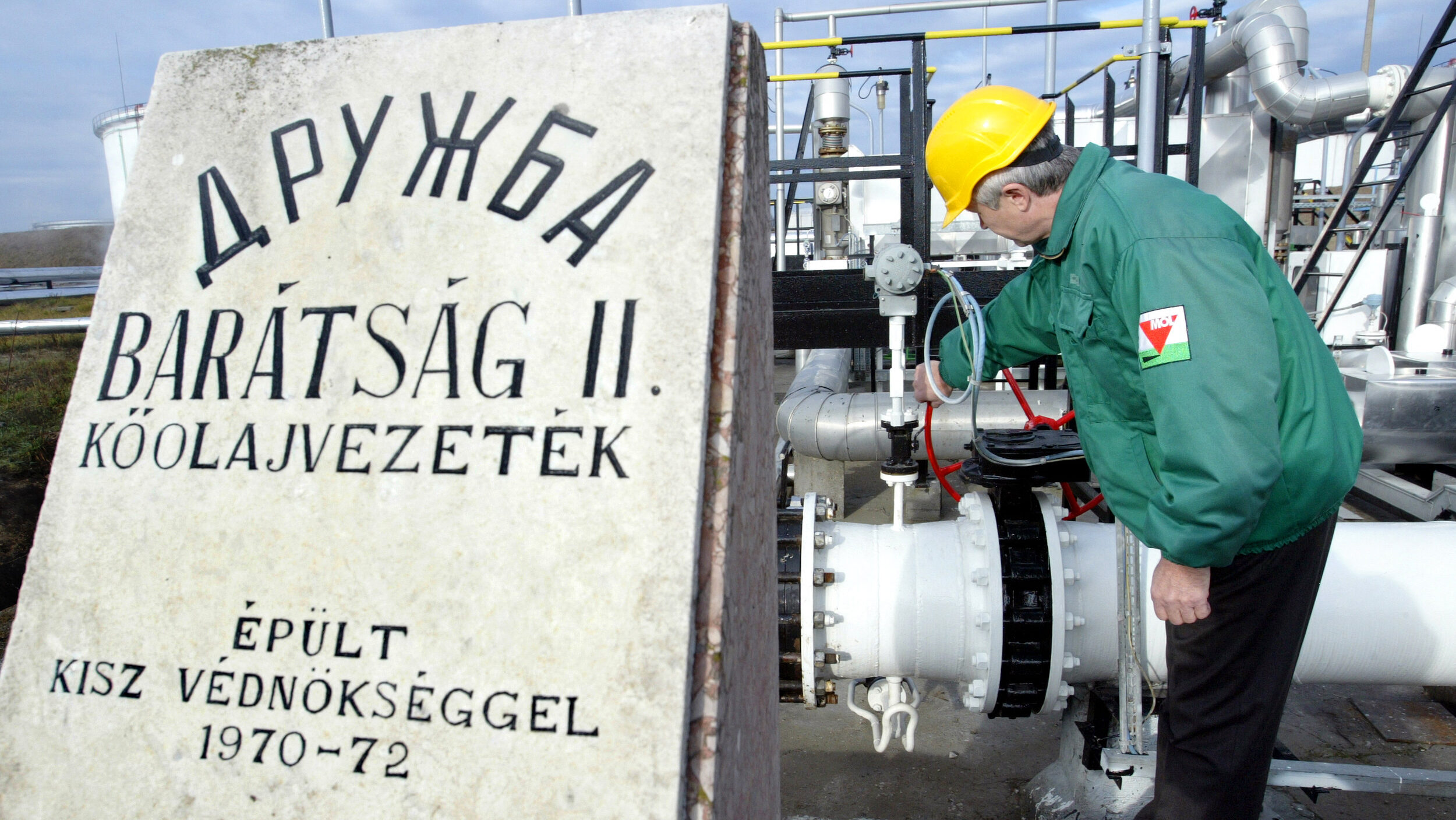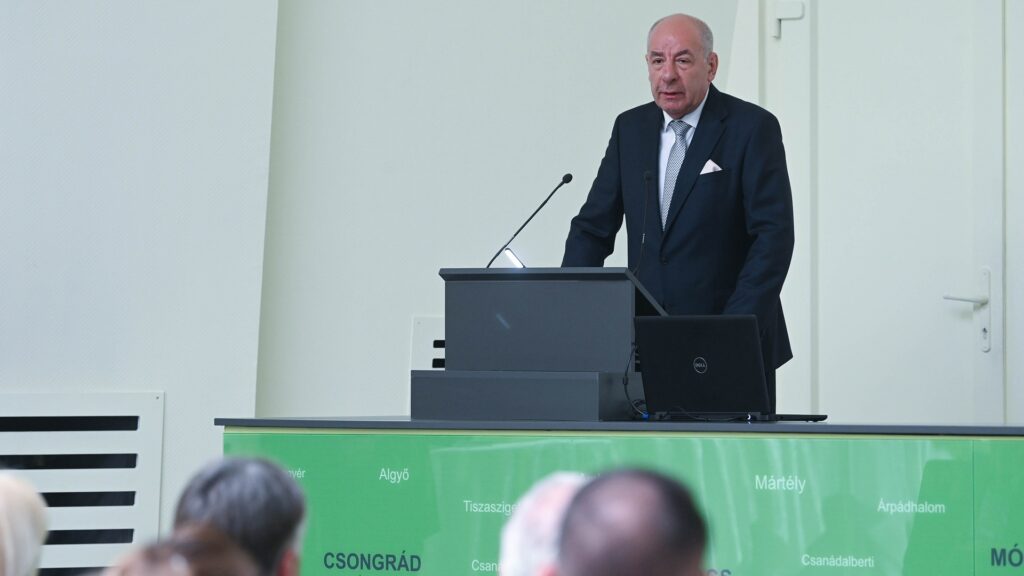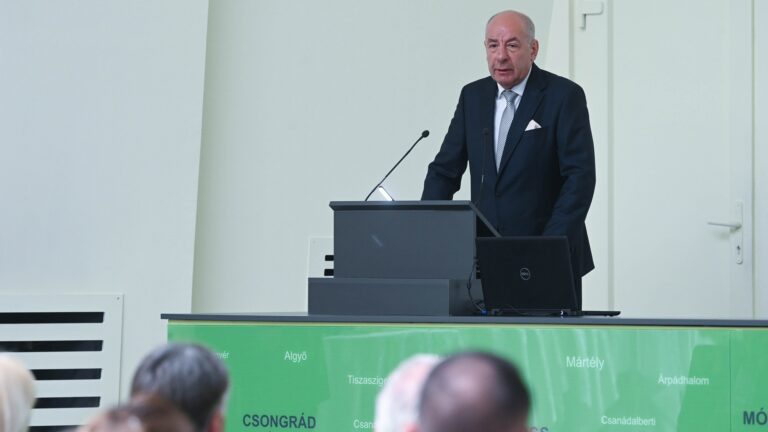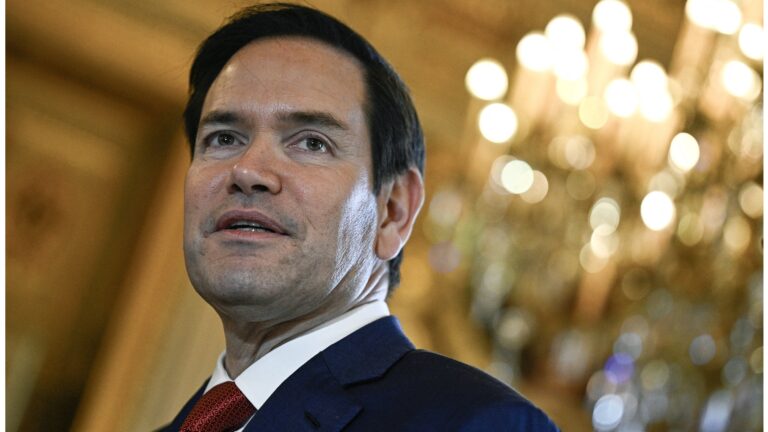The Druzhba oil pipeline, which carries oil from Russia through Ukraine to Hungary, Slovakia, and the Czech Republic, will be shut down starting from 1 January 2025, Mykhailo Podolyak, adviser to the head of the Office of the President of Ukraine, announced in an interview.
He stated that Ukraine will not extend its agreement with Russia on oil transit. This announcement came shortly after Ukrainian President Volodymyr Zelenskyy declared that Kyiv would not renew its agreement with Russia’s Gazprom to transport Russian gas through Ukraine to Europe.
According to Podolyak, by shutting down the pipelines and excluding Russian energy carriers, Moscow will lose its most profitable market. ‘Europe has been a reliable and lucrative market; it is where the Russians have made the most profit. Now, everyone in Europe is working to ensure that Russia no longer plays a role on the continent,’ he explained.
The adviser also mentioned that if Russian gas is no longer transported through the pipelines—in this statement he was not referring to the Druzhba pipeline—Ukraine would still be willing to facilitate the transit of gas from other sources. ‘It could be gas from Central Asia, for example. Europe has now diversified its oil and gas supplies, and Russia is not as important as it was 5-10 years ago. If a country wants gas from Kazakhstan or Azerbaijan, for instance, we are ready to transmit it. This requires contracts that address logistics, specific needs, and clearly define Ukraine’s transit role,’ he stated.
However, in the context of the Druzhba pipeline, Podolyak did not mention that non-Russian oil would continue to be transited, leading to the interpretation that a complete shutdown of the pipeline is what he intended. If this were to happen, Hungary’s oil supply security could be significantly compromised, as the
only alternative pipeline for importing oil would be the Adriatic pipeline from Croatia.
Hvg.hu contacted Hungarian oil and gas company MOL regarding the situation, and according to their statement, the company has not received any official information on the matter. MOL emphasized that if there were any changes, they would be the first to inform the public. They also noted that they maintain a good business relationship with the Ukrainian side, and deliveries are continuing without interruption.
The shutdown of the Druzhba pipeline could significantly impact the ongoing oil transit dispute between the Hungarian government and Kyiv. After Ukraine decided to halt Russian Lukoil’s oil supplies to Hungary and Slovakia, Budapest and Bratislava sought assistance from Brussels. However, the European Commission declined to intervene, arguing that only Lukoil’s supplies were blocked, while other companies could still use the pipeline, meaning Hungarian energy security was not at risk. This situation, however, would change drastically with the complete closure of the Druzhba pipeline, potentially putting Hungary’s energy security in jeopardy.
Hungarian Minister of Foreign Affairs and Trade Péter Szijjártó recently addressed concerns about Hungary’s energy security, noting that negotiations to secure the country’s long-term oil supply are nearing completion. Szijjártó met with Alexey Miller, CEO of Gazprom, in St. Petersburg on Friday. Following the meeting, the Hungarian FM emphasized that the long-term gas purchase agreement with Gazprom, along with the secure southern supply route via the Turkish Stream pipeline, ensures that Hungary’s gas supply remains stable despite the challenging geopolitical environment.
Szijjártó highlighted that last year, approximately 5.6 billion cubic meters of natural gas were delivered to Hungary through Turkish Stream, and this year, the figure has already reached 4.8 billion cubic meters. ‘Thanks to this, Hungary’s preparation for the upcoming months, known as the heating season, is very strong by European standards,’ he said, adding that Hungarian gas storage facilities are currently at 89 per cent of full capacity, compared to the European average of 27 per cent.
Update:
In another interview published on Friday, Mykhailo Podolyak denied his own statements about the closure of the Druzhba oil pipeline. In a new statement, Podolyak clarified that Ukraine is committed to fulfilling its obligations regarding the transit of Russian oil as long as the relevant contracts remain in effect, and that this will be managed based on bilateral agreements with European countries. The current contract between Russia and Ukraine is set to run until 2029.
Related articles:








